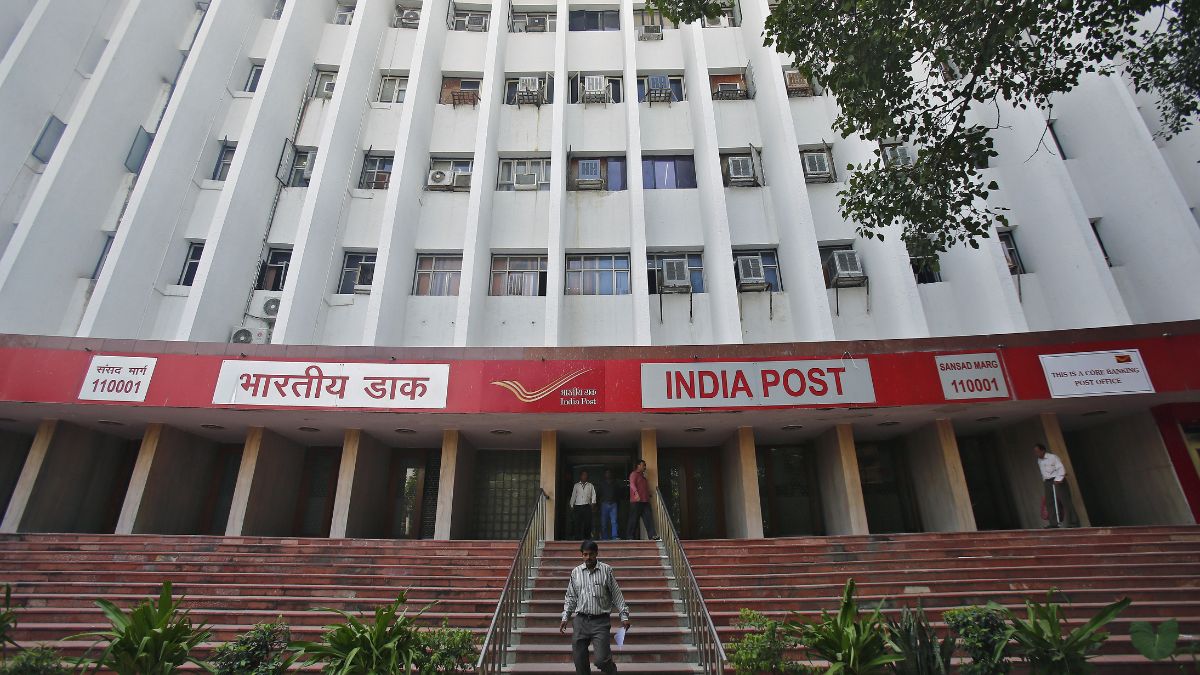Online delivery has become an integral part of our daily lives. From getting groceries to buying clothes, we order everything online.
While e-commerce companies have their own delivery fleets, several businesses rely on courier services to provide products. So, if you ever get a message or call about your parcel not being delivered, you will not be alarmed. But maybe you should be a bit cautious. We will tell you why.
‘India Post’ scam
Several reports have come to light of people getting fraudulent texts in the name of ‘India Post’.
Many individuals took to X to flag receiving messages attributed to India Post from random phone numbers and email addresses.
The message informs the smartphone user about the arrival of a package and how the post is unable to deliver it because of an “incomplete address”. The text also carries a link for the user to click and update the address.
“Your package has arrived at the warehouse and we attempted delivery twice but were unable to due to incomplete address details within 48 hours, otherwise your package will be returned. Please update address in the link: https://indiapostpu.vip/IN… After the update is completed we will redeliver within 24 hours, India Post”, the message reads.
As per Indian Express, the fake link only opens on mobile phones and not laptops.
The Kolkata Police warned about the ‘India Post’ scam on Monday (July 8). An officer said that if a person clicked on the link to update their address, they would be asked to pay an amount. Malware will also be secretly installed on the phone, giving access to personal and sensitive information of the user to the fraudsters, reported The Telegraph.
Impact Shorts
More ShortsALSO READ: What is the new ‘card trap’ scam at ATMs? How can you be safe?
Govt warns against the scam
The government has alerted people about the scam. Last month, Press Information Bureau (PIB) Fact Check said the message was fake.
The post on X said, “India Post never sends such messages asking for updating addresses for delivering articles… Do not click on such fraudulent links”.
Recently, Cyber Dost, a cybersecurity division of the Indian government, also warned about a “transnational scam” identical to that of the India Post fraud, targeting iPhone users.
“iPhone users are learnt to be receiving scam messages via iMessage regarding package / courier from random accounts. Clicking on suspicious links may be avoided and read receipts may be disabled for such messages,” it said in a tweet.
How to stay protected from such scams?
While we cannot prevent fraudsters from approaching us, we can stay safe from getting scammed .
Always be suspicious. Whenever you receive a text or call from an unknown number asking you to click on a link, do not fall for it. If the message claims to be from a government entity or any other credible organisation, check the original site’s URL separately on a search engine.
Avoid clicking on any suspicious links.
If you are being asked to pay after clicking on the link, it is better to call the official customer support of the company or organisation before giving your financial details.
Check for grammatical or other errors in the message. If you can spot some, it is probably a fake message.
One thing fraudsters thrive on is people panicking or reacting on a hurry.
Speaking to Economic Times (ET), Sheetal R Bhardwaj, executive member of Association of Certified Financial Crime Specialists (ACFCS), said, “They often create a sense of urgency or fear, making people believe that immediate action is required.”
She said similar scams have been reported in the United States, Canada, the United Kingdom, Australia, Nigeria, South Africa, and other countries. “Scammers often target individuals globally, taking advantage of the widespread use of online platforms and communication channels,” Bhardwaj told ET.
Before clicking on a malicious link, just think if you were even expecting a parcel.
In case you fall for any scam, quickly switch off your device, alert your bank and file a police complaint.
With inputs from agencies
)